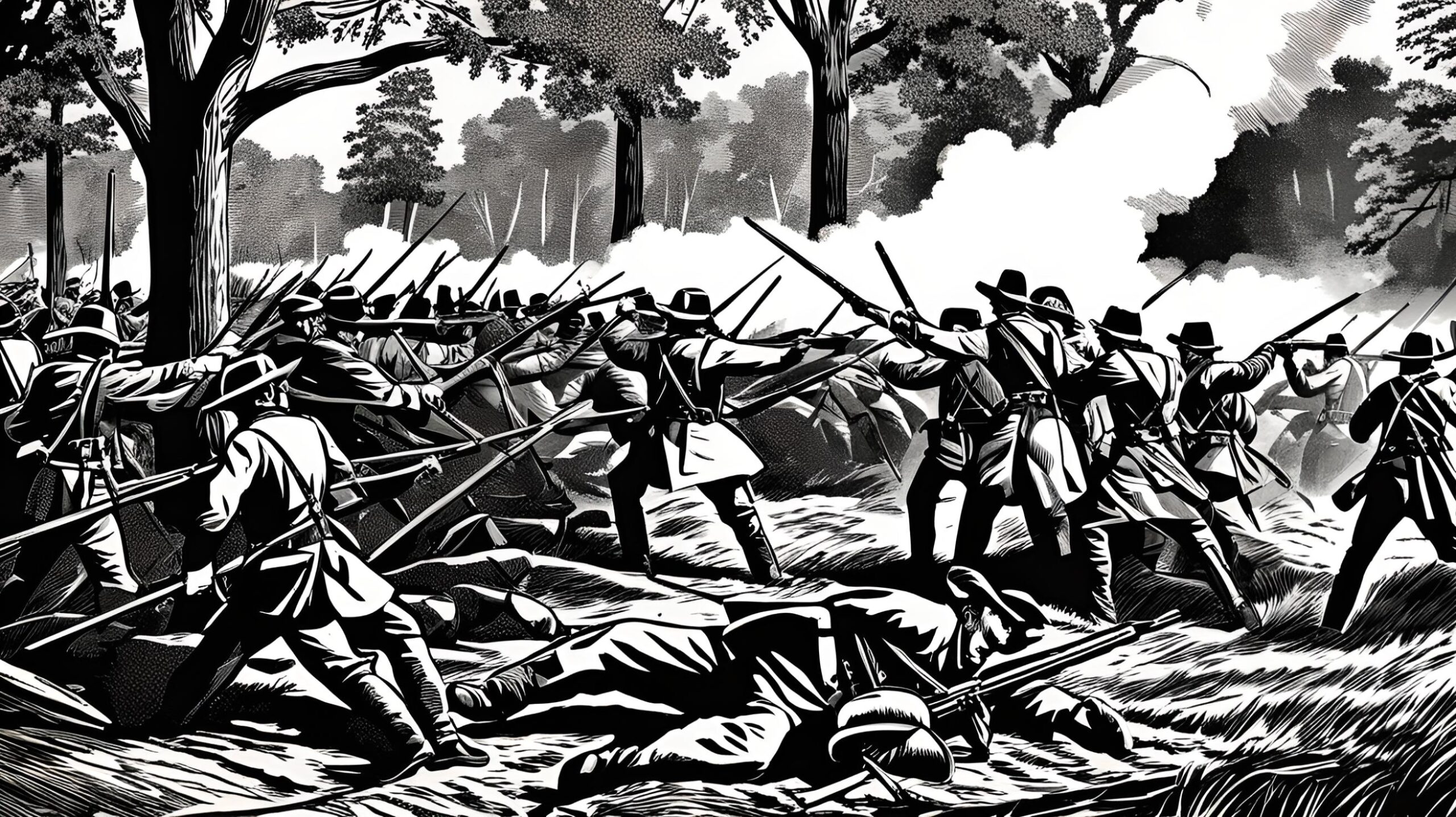Flashback to September 1
American History

The first American colonial government to borrow money was Massachusetts Bay, a historical milestone in fiscal policy that occurred on December 10, 1690. This groundbreaking advancement in colonial America reflected a significant shift in economic structures, closely followed by the establishment of paper currency.
In the late 17th century, the Massachusetts Bay Colony was a bustling community. Aligning with its reputation as a cradle of innovation and independent thinking, it bravely delved into uncharted territory, with its leaders taking the bold step of authorizing the borrowing of money. An essential point in the American colonial era, this decision laid the foundation for modern fiscal policy not only in the United States but also worldwide.
While it would be easy to dismiss this event as a mere footnote in the grand scheme of American history, the significance of this move cannot be overlooked. Remember, before this point, there was no concept of a government borrowing money. It was a radical idea that challenged the status quo, ushering in a new age of economic systems that would resonate for centuries to come.
Interestingly, Massachusetts Bay Colony didn’t just borrow money without a necessary context. The decision was born out of urgent need. During the Nine Years War, Massachusetts sent a failed military expedition to Quebec. Without enough metal coins to pay the soldiers, the government decided to issue paper bills, promising the bearers they could exchange them forsilver and gold in the future. This was the birth of the first American paper currency.
This historical milestone provided a glimmer of the future significance of fiscal policy and money management by a government authority. Today, it is unimaginable to think of a government system that does not involve borrowing money for operations. From infrastructure projects to healthcare initiatives, drafting fiscal policies and borrowing money has become an integral part of governing.
Following the path blazed by the Massachusetts Bay Colony, the role of borrowing in government operations is a crucial part of the American economy. Whether it is the federal government issuing bonds or states securing loans for specific projects, this concept can trace its earliest roots back to the soil of Massachusetts Bay.
Naturally, such a major advance in fiscal planning had a ripple effect throughout America’s colonial governments. Shortly after Massachusetts embarked on this pioneering course, other colonies began to explore similar strategies. Maryland and South Carolina were among the first to follow suit, turning to borrowing as a necessary tool for meeting the economic and infrastructure demands that they faced.
In an era where coins were the main method of currency, the concept of paper money and borrowing was revolutionary. The complexities of this economic innovation and the faith it required from its participants underline why the Massachusetts Bay Colony’s decision was so important in shaping the future of not only America but also the wider world.
By borrowing funds, Massachusetts Bay Colony displayed a clear understanding of managing resources to ensure the continuity of government and military operations. The far-reaching implications of this innovative solution are still evident today in our modernized banking and governmental systems.
The story of Massachusetts Bay lays the foundation for understanding the evolution of economic systems and the importance of financial policies. By examining how the Massachusetts Bay Colony managed economic hardship centuries ago, individuals and policy-makers align efforts to ensure the healthy growth of economies worldwide.
Utilizing a combination of historic accounts and economic analysis, this article seeks to enlighten the reader about the magnitude of Massachusetts Bay Colony’s decision to borrow money. It serves as a beacon of innovative thinking and resource management. Its place in history underscores the power of strategic fiscal policy in shaping and defining the economy.
the Massachusetts Bay Colony’s unprecedented decision to borrow money on December 10, 1690, contributes immeasurably to our understanding of American economic history. This event marks the first time a colonial government in America dared to borrow money, turning a new page in the book of fiscal policy that continues to impact modern economic structures.
We strive for accuracy. If you see something that doesn't look right, click here to contact us!
Sponsored Content

The Civil War: Severe…
Experience the intensity of…

Henry “Scoop” Jackson, American…
Renowned American Senator-Democrat for…

Leonor Sullivan, American politician…
"Remembering Leonor Sullivan: prominent…

Great Hinckley Fire: A…
"Experience the chilling history…

In the USA, the…
On September 1, 1982,…

California Constitutional Convention held…
On September 1, 1849,…

